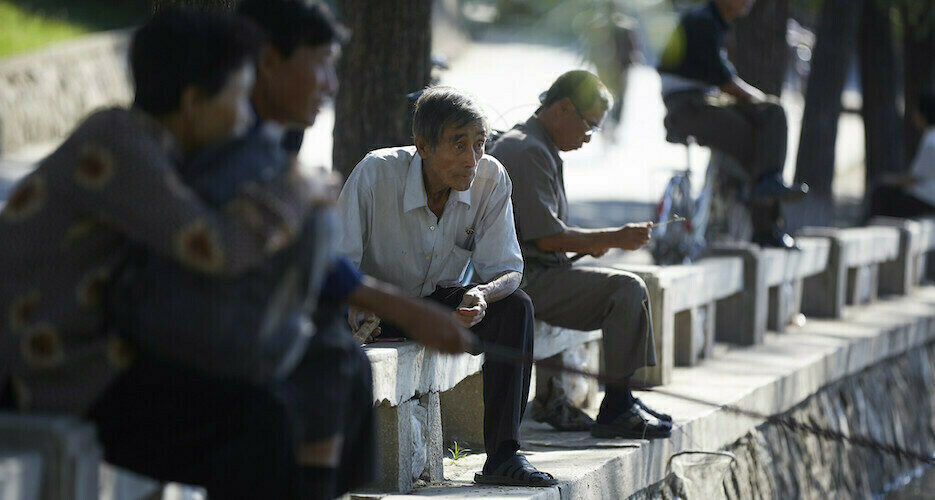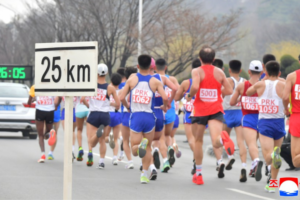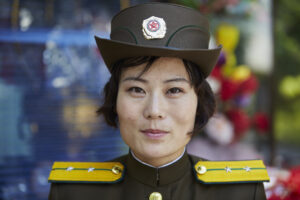Living circumstances, access to education and mental wellness are what North Korean defectors struggle the most with after reaching South Korea, according to a new government survey.
The Ministry of Unification surveyed more than 1,500 defectors from Nov. 26 to Dec. 27 last year to better tailor support policies for the community. A multiple-option question on resettlement difficulties included family issues, education, addictions, mental health and COVID-related unemployment.
Living circumstances, access to education and mental wellness are what North Korean defectors struggle the most with after reaching South Korea, according to a new government survey.
The Ministry of Unification surveyed more than 1,500 defectors from Nov. 26 to Dec. 27 last year to better tailor support policies for the community. A multiple-option question on resettlement difficulties included family issues, education, addictions, mental health and COVID-related unemployment.
Try unlimited access
Only $1 for four weeks
-
Unlimited access to all of NK News: reporting, investigations, analysis
-
Year-one discount if you continue past $1 trial period
-
The NK News Daily Update, an email newsletter to keep you in the loop
-
Searchable archive of all content, photo galleries, special columns
-
Contact NK News reporters with tips or requests for reporting
Get unlimited access to all NK News content, including original reporting, investigations, and analyses by our team of DPRK experts.
Subscribe
now
All major cards accepted. No commitments – you can cancel any time.











